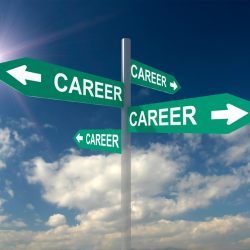LA real estate
fromLos Angeles Times
10 years agoHow I Made It: Jordan Cohen scores as real estate agent for professional athletes
Jordan Cohen, a real estate broker representing professional athletes and celebrities, annually brokers over $100 million in deals and co-founded the menswear brand Kings & Jaxs with NBA star Russell Westbrook.










